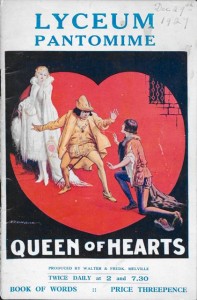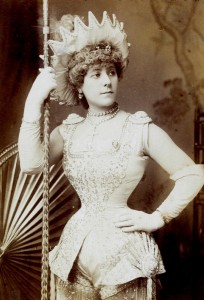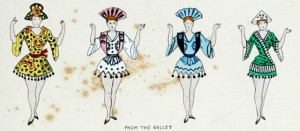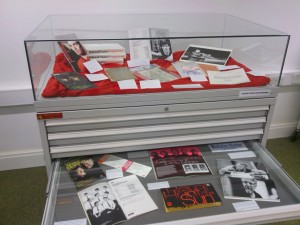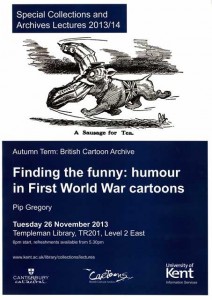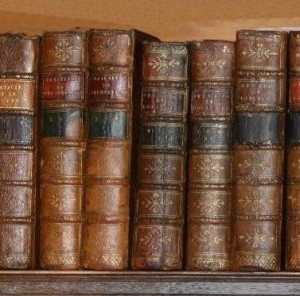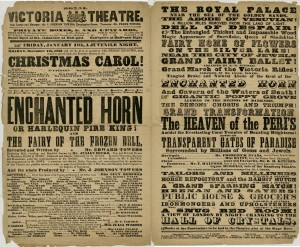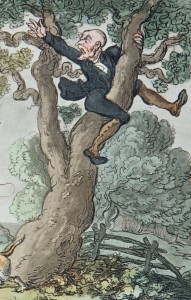Oh no it isn’t…oh yes it is!
I’m sure you can guess exactly what I’m about to blog about, but just in case you hadn’t noticed, with Christmas coming fast upon us, we will soon be well and truly in pantomime season. Here at Special Collections & Archives, we’re already getting into the panto spirit – but don’t worry, we’ve not been dressing up as animals, attempting to purchase magic beans or waiting for our fairy godmothers to complete our exhibitions. No, instead we have teamed up with the Gulbenkian to create a fittingly bright and cheerful tribute to the pantomimes of yesteryear in our latest exhibition, It’s Behind You!
Pop into the Gulbenkian foyer to take a look at some replicas our the magical, marvellous and multicoloured treasures in our Theatre & Performance collections, which date back to the heyday of pantomime.You can see costume designs from pantos of the 1880s, posters for productions at Drury Lane, the Lyceum and provincial theatres and some of the ‘books of words’ created to go alongside later productions.
Behind you: the history
Early nineteenth century, performances of harlequinades harked back to the Italian Comedia dell’arte, with their slapstick and transformational scenes rather than the modern pantomime. By the end of the century, however, theatrical tycoons such as Augustus Harris at Drury Lane were staging the opulent and comical productions which we would recognise today.
Indeed, it was during these formative years of the pantomime that interest in their stage magic and heroic tales exploded into the popular imagination. Costumes, sets and settings were bold, exotic and expensive to draw in the crowds. Magazines and newspapers dedicated whole issues to pantomime, reviewing productions, explaining stage transformations and, of course, interviewing the stars of the show. The female stars in the roles of principal boy and girl were often as much of a draw as the men who played the dames.
It’s Behind You! will run until 10th January and is freely accessible in the Gulbenkian foyer, so do take the opportunity to have a look before the end of the term and let us know your thoughts. Feel free to Tweet us @UoKSpecialColls, or drop us an email via specialcollections@kent.ac.uk.

